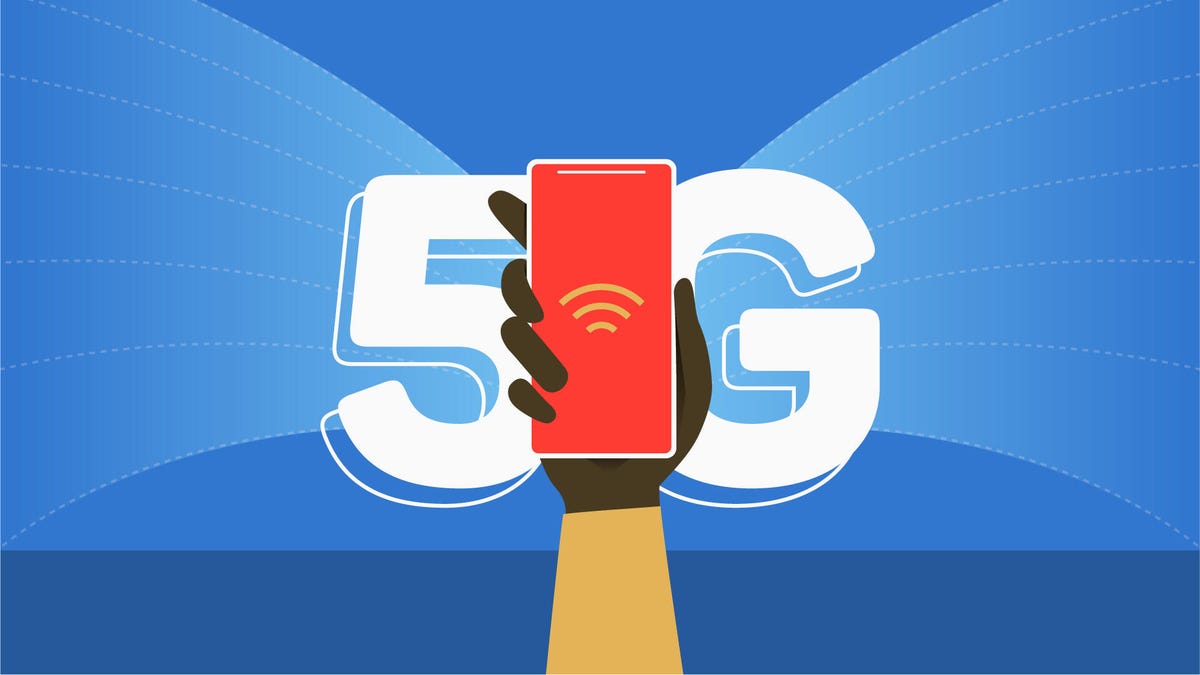Why Verizon thinks 5G is still relevant during the coronavirus lockdown
If people are stuck at home, what's the point of a speedy internet connection on the go?

The coronavirus has shut down our economy, forcing us to stay at home. Tens of millions are out of work, and everyone faces the uncertainty that comes with the inevitable fallout from the pandemic, which has killed more than three quarters of a million people. It's in this environment that carriers like Verizon are pushing 5G service.
This year was supposed to be the year of 5G . But the next-generation technology, found in pricier phones and premium phone plans, feels a little out of place given the economic uncertainty and the fact that getting 5G speeds on the go doesn't matter as much if you're stuck at home.
"We plan, plan, plan -- all of a sudden, nobody saw this coming," said Kyle Malady, chief technology officer of Verizon.
Malady joined CNET to discuss the company's 5G rollout and to talk about what the company has been doing to help during the pandemic. You can hear him speak on the Daily Charge podcast, broken up into two parts. In the first part, Malady spoke about the state of the carrier's 5G deployment, including getting nationwide coverage up and running sometime in the second half (he wouldn't offer a specific launch date).
He also talked about the work Verizon did to wire up dense metro areas and several stadiums -- which are now empty.
But Malady said demand for 5G devices continues to look good, with interest from early adopters. And though things are grim now, the company is working on applications that take advantage of the capabilities of 5G over the long term.
"We don't believe COVID will last forever," he said. "There are other opportunities we see where 5G can move things further."
Malady talked about telehealth, and working with one company to use 5G to enable machine learning models that would produce real-time medical data in an operating room. A lot of those computations are done in the hospital, usually in a server room in the basement that's expensive to maintain and more likely to break down.
"If you can take that away and run them in the cloud, that's good for everyone," he said.
For consumers, Malady looked at the spike in demand for better home internet service, which he sees as an opportunity for Verizon's 5G-based home service. Unfortunately, the carrier's Verizon Home 5G service is available in only five cities, with plans to launch in 10 markets by year's end.
Now What is a video interview and panel series with industry leaders, celebrities and influencers covering the major changes and trends impacting business and how consumers connect in the "new normal" 2020 world and beyond. There will always be change in our world, there will always be technology helping us navigate that change, and we'll always discuss surprising twists, turns and potential solutions.

